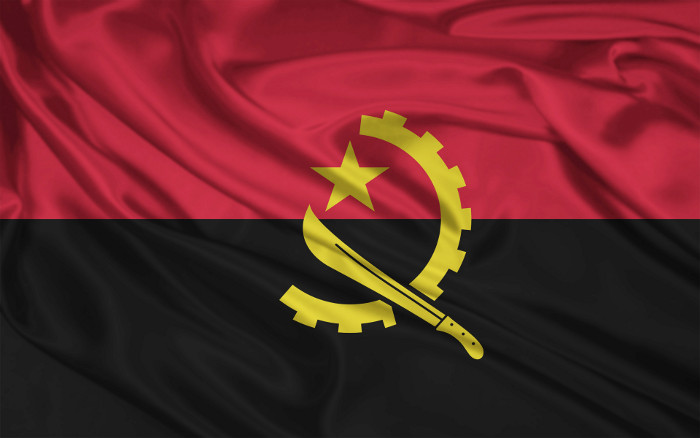Angola's central bank left its benchmark interest rate steady but raised the rate on its permanent liquidity absorption facility, saying there are persistent inflationary pressures in the economy despite a stable exchange rate and contained aggregate demand.
The Bank of Angola (BNA), one of the few central banks to have maintained interest rates last year as the COVID-19 pandemic swept the world, left its basic interest rate BNA at 15.50 percent, unchanged since it was lowered in May 2019.
But the central bank's monetary policy committee, which in January said there was an "evident" need for a more restrictive policy this year to reach its target of single digit inflation next year, raised the liquidity absorption rate 500 basis points to 12.0 percent.
Angola's inflation rate accelerated steadily last year and rose to 24.85 percent in February from 24.41 percent in January, mainly due to a greater rise in the cost of food and non-alcoholic beverages.
"CPM (monetary policy committee) found that inflationary pressures persist in the national economy in the short term despite the stability observed in the foreign exchange market and in the behavior of liquidity, as well as the existence of contained aggregate demand," BNA said.
The monetary base in kwanza, one of the operational variables of monetary policy, grew 12.75 percent in the first two months of 2021 and 18 percent in the last 12 months while the bank's stock of gross international reserves dipped 0.7 percent to US$15.29 billion in February from January for import cover of 12.3 months.
After falling 26 percent in 2020, the exchange rate of the kwanza has firmed this year and was trading at 626.1 to the U.S. dollar today, up 4.5 percent this year.
The economy of Angola, Africa's second largest oil producer, was hit hard by the plunge in oil prices last year and one of the aims of President Joao Lourenco, who took over in 2017 after 38 years of rule by Jose Eduardo dos Santos, is to diversify away from oil in addition to opening up the country to foreign investment and tackling corruption.
In the third quarter of last year Angola's economy shrank an annual 5.8 percent, down from an 8.3 percent decline in the second quarter.







































